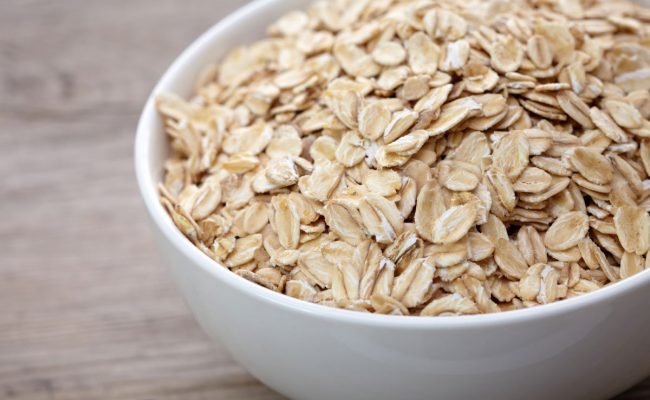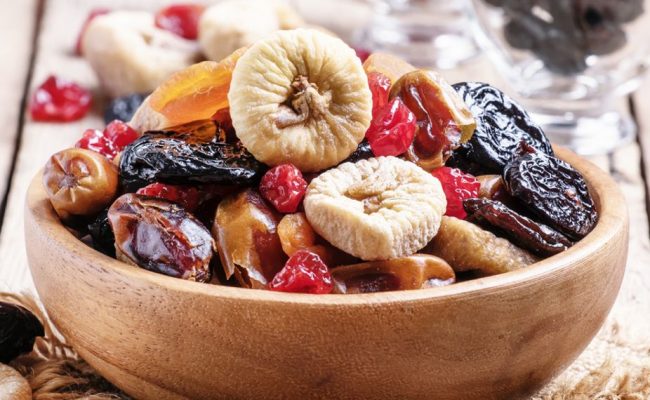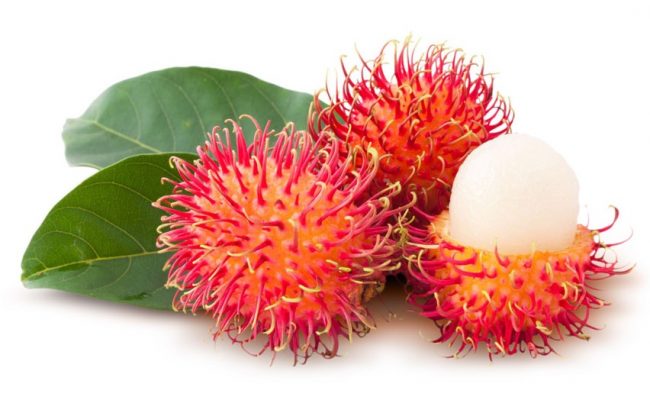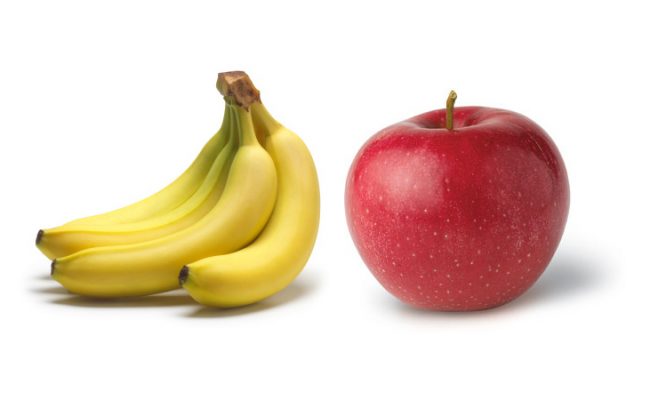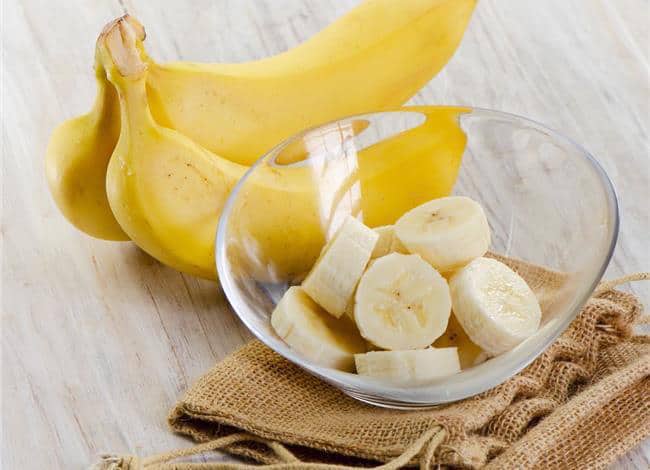
Bananas are a source of fiber, potassium, vitamin B6, magnesium and vitamin C. Bananas are a quick source of energy, and eating a banana, whatever time of day, can help someone meet their daily fruit recommendations.
According to the USDA, women and men need 1.5-2 cups of fruit per day depending on age. A small banana counts as ½ cup of fruit, and a large banana counts as one cup of fruit.
Here are some reasons why bananas could have some health benefits from eating them at night. You can also read: Banana diet – Everything you need to know.
Increased vitamin intake
According to a 2012 research study, less than 2 percent of American adults reach the recommended intake for daily potassium. The American Heart Association, Institute of Medicine and the United States Department of Agriculture all suggest to limit intake of sodium and increase intake of foods high in potassium.
Eating foods high in potassium may help lower risk for high blood pressure. A medium banana provides about 420 mg of potassium, and the daily recommendation for adults is 4,700 mg of potassium. Since most Americans don’t get enough daily potassium, eating bananas at night can help one get extra potassium.
Eating bananas at night can also give a boost of vitamin B6, which is a coenzyme used in metabolism. Like potassium, American adults are also at risk for not meeting the recommended daily magnesium intakes. A medium banana provides about 8% of the Daily Value for magnesium.
If you are prone to muscle cramps at night, eating a banana could help lower risk for night time cramps. Muscle cramps can be from various causes, but one of the causes of a cramp is an electrolyte imbalance. Bananas contain two electrolytes potassium and magnesium. Eating a banana at night could give your body the needed electrolytes and lower risk for a muscle cramp at night.
Fiber boost
A medium banana provides about 3 grams of fiber. Men under 50 years should get at least 38 grams of fiber per day, and women under 50 years should get at least 25 grams of fiber per day. Most Americans do not meet the recommended daily fiber recommendation, so eating bananas as a snack at night can provide extra fiber.
Fiber is beneficial for digestive health, heart health, lowering risk for type 2 diabetes. Eating a banana at night can be a source of extra fiber to help you meet your fiber recommendation.
Curb a carb craving
If late night snacking before bed is a temptation, eating a banana at night can help satisfy a sweet craving instead of snacking on something filled with added sugar and high in calories. Bananas are sweet enough to satisfy a sweet craving, but they also provide vitamins, minerals and fiber not found in other sweet snacks.
Before you reach for a cookie, chips or other packaged snack, eat a banana or other piece of fruit for a healthier sweet alternative.
Melatonin
Melatonin is a hormone that is released in response to darkness and causes sleepiness and reduced alertness. Melatonin stays elevated throughout the night and lowers in the morning and during the day.
Proper melatonin levels are important for healthy sleep patterns. Some foods are naturally high in the precursor to melatonin, the amino acid tryptophan. Therefore, eating foods high in tryptophan could increase the amount of melatonin being made and may be beneficial for healthy sleeping patterns.
A 2013 study found that the tropical fruits bananas, pineapples and oranges can increase serum concentrations of melatonin and act as powerful antioxidants in the body. Therefore, it can argued that eating a banana at night may help you sleep better at night and give your body an antioxidant boost.
Controlling stomach acid
Bananas may be a safe snack for people with heart burn or a stomach ulcer because they tend not to irritate these conditions. Some research indicates a compound in bananas may help fight off the bacteria that is linked to stomach ulcers, although more research is needed. (See also: Best foods for bad stomach)
A very small percent of the population actually have the opposite effect with bananas; it increases their stomach acid and exacerbates heart burn. Therefore, if you have heart burn, check to see if bananas have this effect on your stomach before eating them consistently.
Conclusion
Bananas are a source of many vitamins, minerals and fiber. They can be a healthy snack at night to curb a sweet craving, and can give your muscles a boost of electrolytes that may help lower risk for muscle cramps.
Bananas could even help you get a good night’s rest, as they are a source of tryptophan which is a precursor to melatonin. Most suffers from heart burn or stomach ulcers can eat bananas without increasing stomach acid irritation, although a small percent of the population have the opposite effect.
References used in this article
